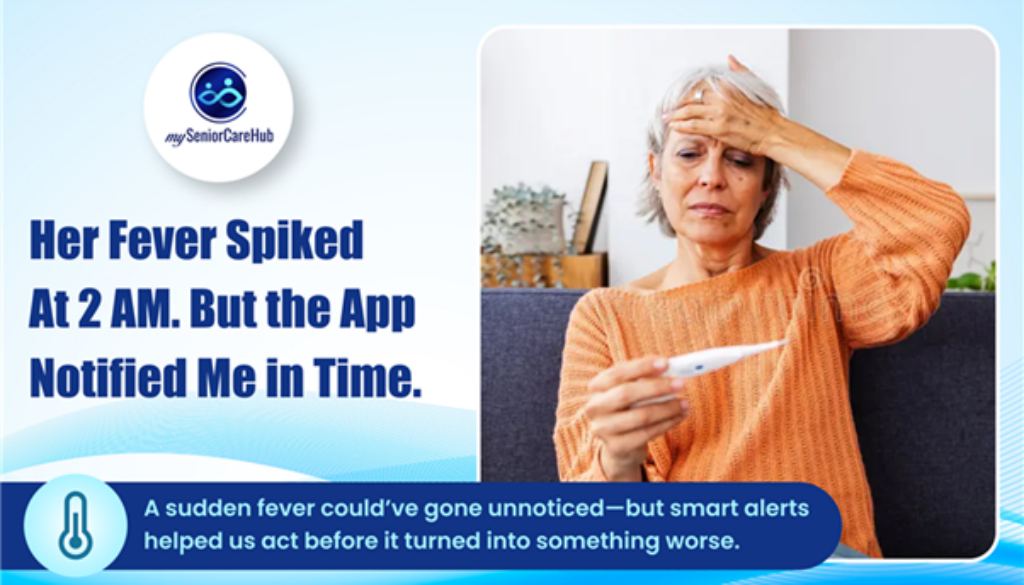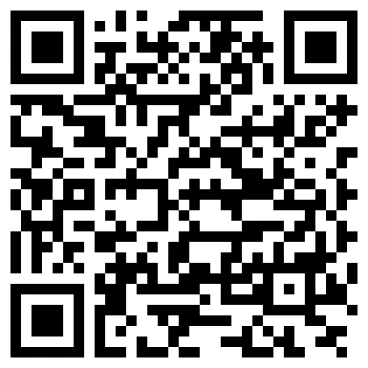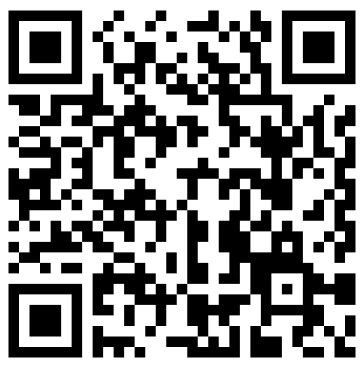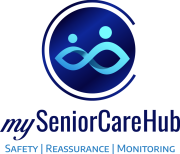When Seniors Can’t Call for Help, Vitals Tracking Can Be the Warning That Saves Them
Vital Monitoring App that can give alert before its too late.
I was fast asleep when my phone buzzed.
It was 2:07 AM. The notification on the screen read:
“High temperature detected — 101.8°F. Last check-in: missed.”
It was from mySeniorCareHub. I sat up instantly. My mom, recovering from a minor surgery, was sleeping in the next room. Or I hoped that she was.
When I rushed to check on her, I found her flushed and slightly shivering but fast asleep. She had no idea her temperature had risen. No grievances. No help calls. It was “just a little warm,” in her opinion. However, I was aware.
I made an instant call to our family physician. He asked me to monitor her vitals and bring her in if the fever rose further. Thanks to the early alert, we started treatment that same morning. The doctor later told me,
“If you had waited even 6-8 more hours, this could’ve developed into a serious post-op infection.”
Why This Happens More Often Than We Think
Elderly individuals, particularly after surgery or with weakened immune systems, often fail to recognize the warning signs of infection. They may not want to “bother anyone”, or they may genuinely believe it’s nothing.
But for their bodies, a simple fever isn’t always simple.
- A low-grade fever can be the first sign of an infection.
- Delayed action can lead to hospitalisation, sepsis, or worse.
- Seniors may miss symptoms because of reduced sensitivity, fatigue, or even confusion.
And it’s worse at night. Everyone has gone to sleep. Nobody is checking.
mySeniorCareHub intervenes at that point in a subtle yet effective manner.
How Smart Monitoring Made the Difference
That night, the app didn’t just send a random alert. It did three critical things:
| Feature | What It Did | Why It Mattered |
| Vitals Monitoring | Tracked temperature in real-time | Detected the early rise in fever |
| Check-in Alert | Notified that no check-in was done at bedtime | Signalled something was off |
| Caregiver Notification | Instantly sent an alert to my phone | Enabled quick response |
We might have learnt too late in the morning if none of this had occurred.
The Medical Side You Shouldn’t Ignore – Check Your Vitals Regularly.

Here’s what caregivers need to know:
- Post-surgery fevers can signal infection, inflammation, or complications like blood clots.
- Immunocompromised seniors may not show symptoms until the situation escalates.
- Elderly fever can exacerbate other conditions, such as kidney stress, heart issues, or dementia patients’ confusion.
But we often miss the signs. Why?
- They’d rather not “make a fuss.”
- They think it will pass.
- They neglect to take readings or check in.
The Role of Tech in Gentle, Real Care – Vital Monitoring
mySeniorCareHub isn’t just about tracking—it’s about listening for silent alarms.
- It monitors temperature, oxygen levels, and pulse.
- It alerts when check-ins are missed.
- It offers a Wellness Score, showing overall health at a glance.
- And it notifies caregivers, even if they’re far away.
It’s not a replacement for care—it’s a reinforcement of it. A quiet safety net when your loved one is too tired, too weak, or too silent to say they need help.
Final Thought
That night, I didn’t hear my mom call for help.
But I heard the alert.
And it made all the difference.
We often think care means being physically present 24/7. But sometimes, care means setting up systems that speak up when our loved ones can’t.
If you have a senior at home especially one recovering or with low immunity—set up smart monitoring today. You may not need it every night. But the one night you do, it could save a life.









